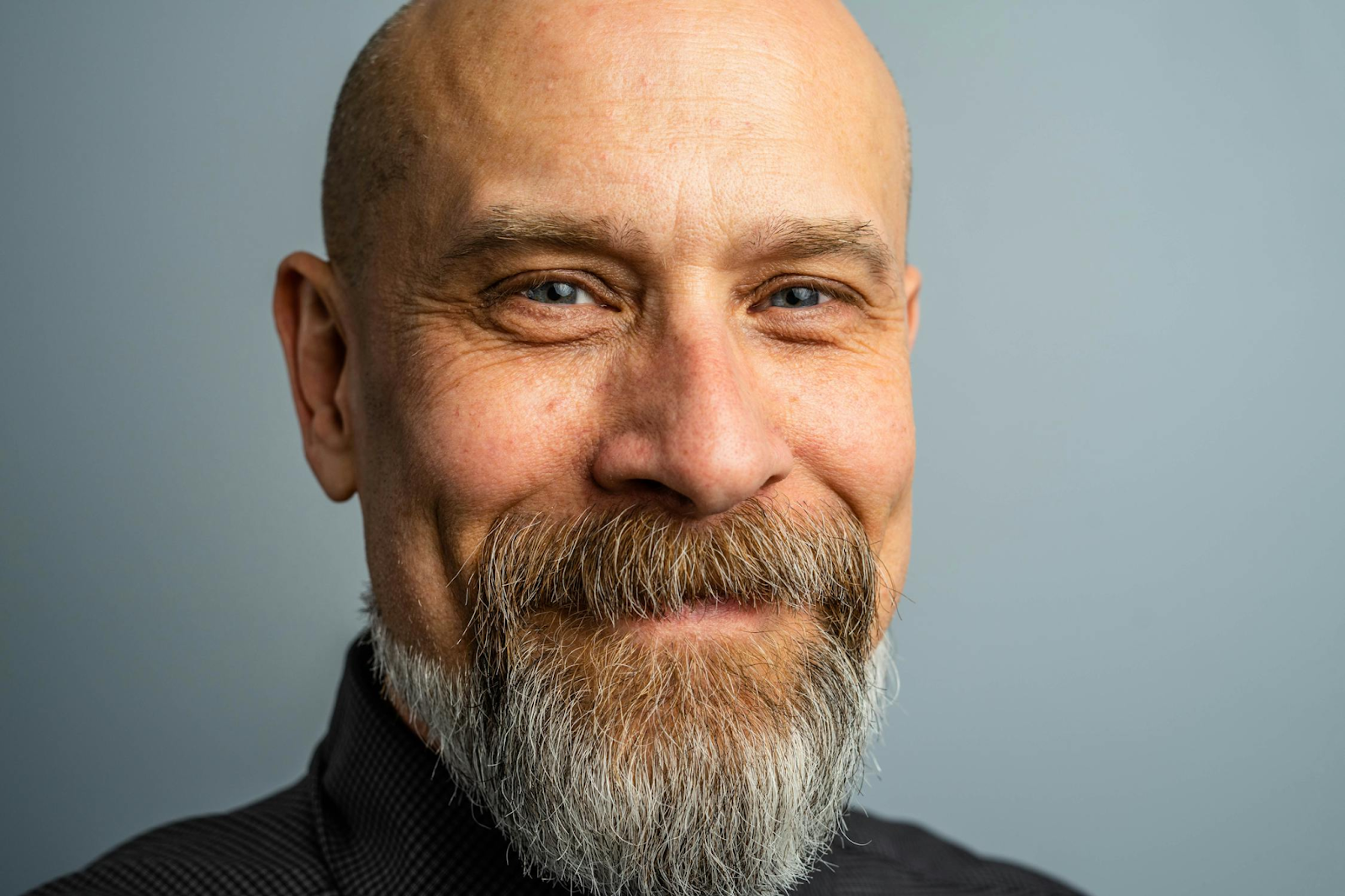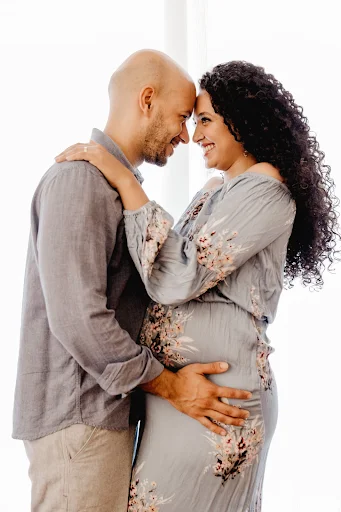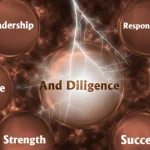Hair is often considered a person’s crowning glory, symbolizing beauty, youthfulness, and vitality. Its influence stretches beyond aesthetics; it plays a significant role in emotional well-being. Many people overlook the strong connection between hair health and mental state. Studies show that hair loss and thinning can lead to feelings of depression, anxiety, and low self-esteem. Conversely, maintaining healthy hair can enhance one’s confidence, creating a positive feedback loop that promotes mental and emotional wellness.
The Psychological Impact of Hair Loss
Experiencing hair loss can be distressing for many individuals, regardless of age or gender. The societal emphasis on attractive hair can exacerbate feelings of inadequacy when hair begins to thin. This is particularly evident in conditions such as androgenetic alopecia, which affects millions. The emotional ramifications can manifest in various ways, including social withdrawal and diminished life satisfaction. For many, hair symbolizes their identity, making its loss a source of profound pain and distress.
Building Confidence Through Healthy Hair
A person’s self-esteem is often intertwined with their appearance, and hair plays a pivotal role in that equation. When individuals invest in their hair health, whether through proper nutrition, routine care, or professional treatments, they often report feeling a boost in confidence. A thriving mane can serve as an external reflection of good health, positively influencing how one perceives oneself and navigates social situations. Many individuals seek help from a Hair Transplant Clinic when they struggle with hair loss, reclaiming their confidence through modern cosmetic solutions. The emotional benefits of such treatments can be substantial, as hair restoration often leads to renewed self-image and social engagement.
The Role of Nutrition and Lifestyle on Hair Health
Hair health is intrinsically linked to bodily health. A balanced diet rich in vitamins and minerals can drastically affect the quality and strength of hair. Nutrients such as biotin, vitamin E, and omega-3 fatty acids are important for maintaining robust hair growth. Regular physical activity improves blood circulation, ensuring that hair follicles receive adequate nutrients and oxygen. Poor lifestyle choices, including smoking and excessive alcohol consumption, can lead to negative outcomes for hair health. Thus, nurturing one’s body through healthy habits supports strong hair and serves as a foundation for enhanced emotional resilience.
Emotional Health Benefits from Good Hair Care Practices
Engaging in good hair care practices can provide therapeutic benefits, creating a sense of routine and self-care. The act of cleansing, conditioning, and styling hair can be soothing, almost meditative. Many people find that these rituals allow them to pause and focus on self-nurturing, thereby alleviating stress. The social aspect of hairstyling, whether at home or in salons, facilitates interactions that can uplift mood and foster connections. The relationship between self-care and emotional health is well-documented; when people feel they are taking care of themselves, their mental state improves. Individuals who embrace hair care as part of their wellness routine can experience a sense of calm and improved emotions.

The link between hair health and emotional well-being is profound and multifaceted. As individuals navigate the complexities of life, prioritizing their hair care can yield dividends that extend beyond the surface. Both the psychological effects of hair loss and the confidence gained through healthy hair highlight the connection between self-image and mental health. By fostering healthy hair and embracing a holistic approach to well-being, individuals can enhance their self-esteem, boost their confidence, and, ultimately, contribute positively to their emotional state.







